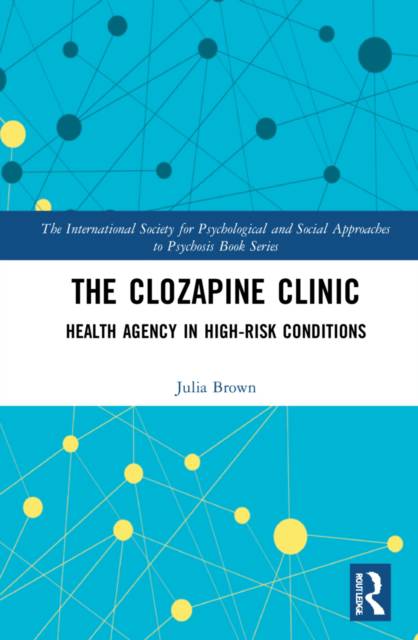
- Retrait gratuit dans votre magasin Club
- 7.000.000 titres dans notre catalogue
- Payer en toute sécurité
- Toujours un magasin près de chez vous
- Retrait gratuit dans votre magasin Club
- 7.000.0000 titres dans notre catalogue
- Payer en toute sécurité
- Toujours un magasin près de chez vous
Description
This book is the first ethnography of the little-known world of clozapine clinics in Australia and the United Kingdom. Anthropologist Julia Brown engages with the narratives of people living in extreme health circumstances to challenge some of the assumptions made about clozapine treatment and to explore what it means to be diagnosed with 'treatment-resistant schizophrenia.'
Clozapine is a gold standard but controversial treatment for psychosis that requires lifelong monitoring to reduce fatality caused by clozapine side effects. Focusing on the social world of the clozapine clinic and based on the author's own extensive research, this book explores what it means to live with the interpersonal challenges of psychosis and trauma, the risks of multi-morbidity, and how clozapine clients can experience meaningful control over their health. Brown uses her findings to point to the practical clinical implications of clozapine clients being given more recognition and accountability, and to explore how health agency relates to moral agency.
The Clozapine Clinic particularly highlights the importance of investing in continuity of healthcare and is an essential read for caregivers who work with sufferers of psychosis as well as academics and policymakers focused on mental health.
Spécifications
Parties prenantes
- Auteur(s) :
- Editeur:
Contenu
- Nombre de pages :
- 226
- Langue:
- Anglais
- Collection :
Caractéristiques
- EAN:
- 9780367862725
- Date de parution :
- 26-04-22
- Format:
- Livre relié
- Format numérique:
- Genaaid
- Dimensions :
- 156 mm x 234 mm
- Poids :
- 526 g

Les avis
Nous publions uniquement les avis qui respectent les conditions requises. Consultez nos conditions pour les avis.






